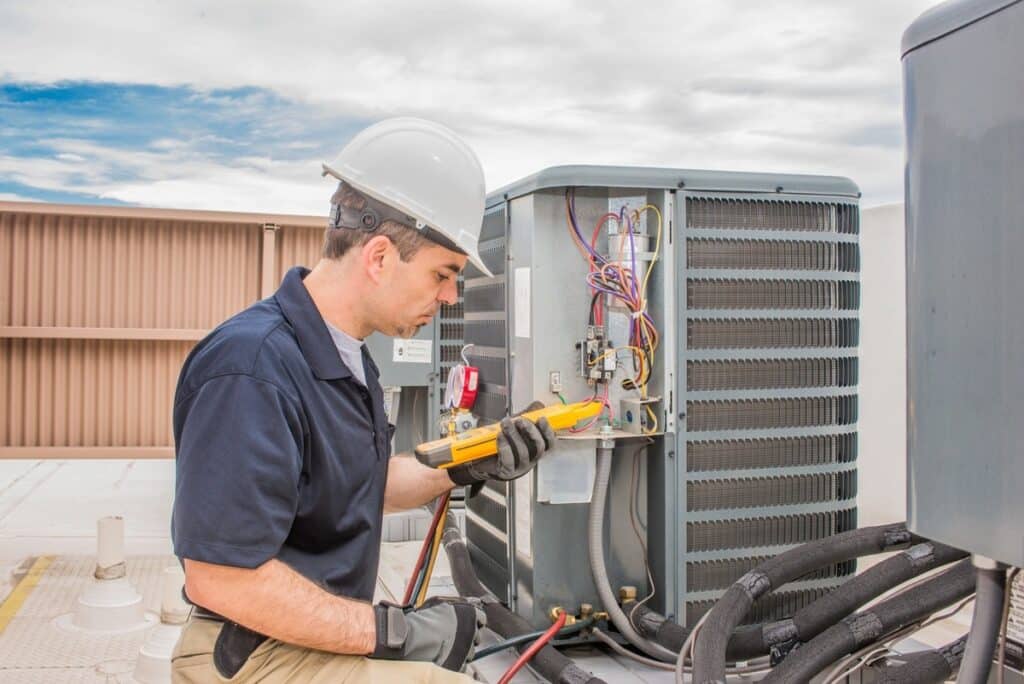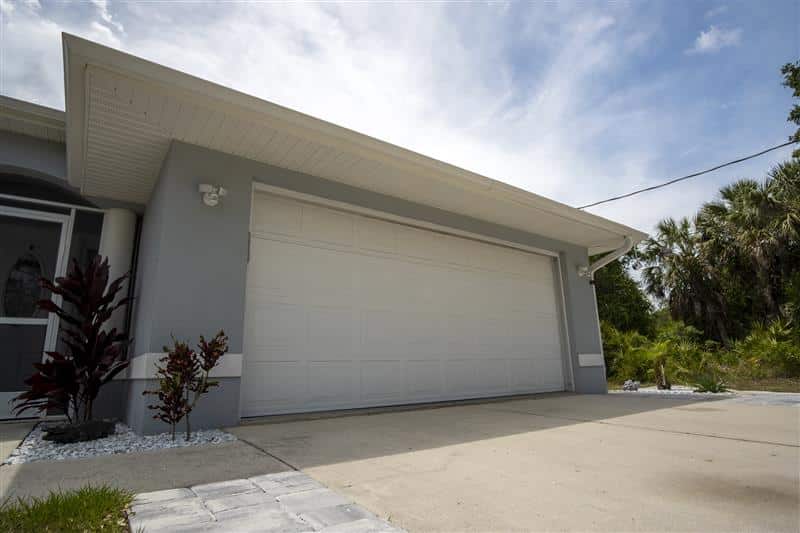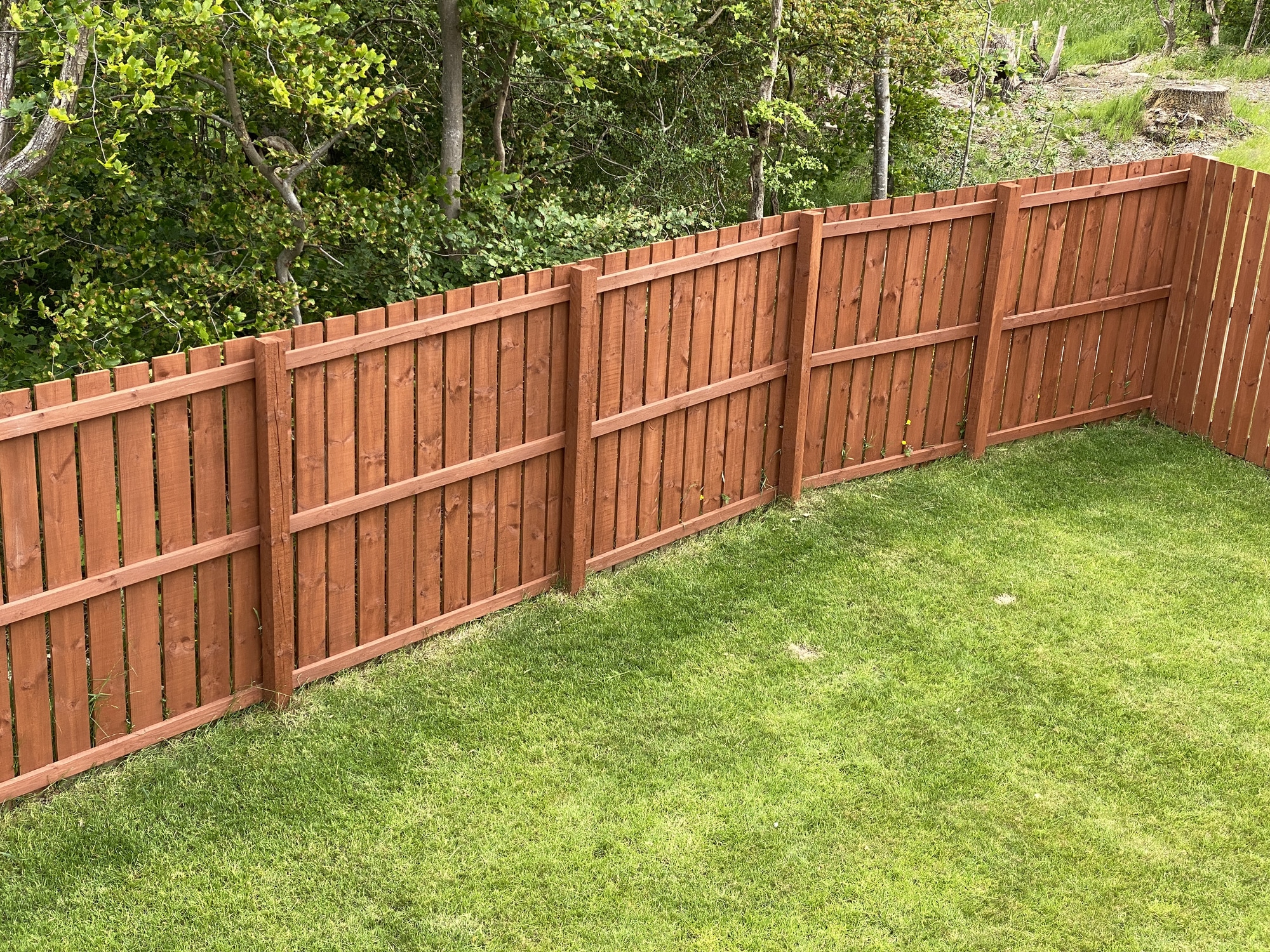Why HVAC Maintenance Is Critical During Hurricane Season



Hurricane season for the Atlantic basin lasts from June through November. During this time, the area faces a high risk of severe weather from tropical cyclone activity. Florida homeowners can prepare their homes for the potential hazards of a hurricane with proactive maintenance for essential systems like heating, ventilation, and air conditioning (HVAC). Investing in seasonal maintenance can support a healthy and safe home.
Minimize Repair Needs
Proactive maintenance is always preferable to a repair call, because you can schedule this visit on your own time. Once storm season is underway, you may need to wait longer for an appointment.
A thorough tune-up will get your HVAC system in prime condition for the season ahead. This maintenance appointment will identify any potential problems, resolve minor issues, and minimize the likelihood of repair needs in the coming months. During your maintenance visit, the technician can perform several key tasks:
Clearing the Condensate Drain
An efficient air conditioning system removes moisture from the air, which makes it feel cooler. The condensate drain flushes this water away from the system. Over time, the drain line can become clogged with dirt or debris. A clogged line causes water to back up, creating a welcome environment for mold and mildew growth. It can also damage your system, so this area should be inspected and cleaned regularly.
Addressing Corrosion
Florida’s humid climate and salty air create the perfect recipe for corrosion and rust. Your HVAC technician will look for any problem areas, treat developing rust, and recommend part replacements where needed.
Tightening Loose Components
Over time, belts, wires, and other components can loosen. This hinders your system’s efficiency and increases the chances of an inconvenient breakdown. Loose parts subjected to severe weather are far more likely to break than those that are properly secured. Routine maintenance balances, adjusts, and tightens key components.
Increase Efficiency
HVAC maintenance gets your system in optimal condition for prime efficiency. Your technician will thoroughly clean and tune up the unit for peak performance. This will keep your utility costs lower, which is important in Florida’s warm weather.
You can also increase your efficiency with duct maintenance and repair. If your ducts aren’t properly sealed, some of your air conditioning is escaping into areas like the attic. Take this time to address HVAC-related maintenance that can improve your home further.
Protect Your Unit From Damage
Perform seasonal yard maintenance to help protect your HVAC system from damage. Flying branches, even from smaller shrubs, can do serious damage when they’re hurled at hurricane speeds. Trim overhanging trees, pick up dropped branches, and perform basic landscaping tasks in preparation for hurricane season. When a hurricane is imminent, clear the yard of anything that can become windborne, like furniture and outdoor toys.
Optimize Your HVAC Placement
Elevating your HVAC system on a concrete pad can help protect it from flooding. If your home is prone to floods in hurricane weather, consider adjusting the placement of your outdoor unit during your next maintenance visit. You can also anchor your unit permanently with brackets if you install it on an elevated concrete pad.
Keep Your Air Clean
Hurricane weather dumps a lot of moisture on the area. When your AC system is up and running after the storm, you want to make sure it’s ready. As part of your tune-up, you’ll get a fresh filter for your HVAC system.
Make sure your technician shows you how to change the filter yourself between visits, so you can stay on top of this routine task. You should change your filter at least once every three months. Do so more often if your home has poor air quality.
Equip Your Home for Pre-Storm Prep
When you know a hurricane is coming, you should cut off power to your HVAC system. This protects it from electrical damage if there’s significant flooding during the storm. If you don’t have a surge protector for your home or HVAC system, flipping the breaker for your AC unit will also protect it from power surges. When power flickers on and off or is restored after an outage, the grid can experience power surges.
Going without air conditioning can get uncomfortable in the Florida climate, so it’s important to prepare as best you can. Before a hurricane hits, you should cool your home down to a temperature that’s cooler than usual. This gives you an extra cushion of comfort if you have to turn your system off or lose power. Though your home will gradually warm up with the AC off, it will take longer to reach equilibrium with the outdoor temperature if it starts out cooler.
Your HVAC system may not be up to this task if it’s not in good condition. A poorly maintained air conditioner can struggle to keep up with thermostat settings even in ordinary conditions.
Care for Your System Post-Storm
Hurricane season maintenance isn’t limited to the months leading up to the inclement weather. It continues after the storm has passed. If your HVAC system sustains any type of damage during the storm, schedule an inspection before you turn it back on. Powering up a damaged system may worsen problems. This is especially true if you’ve suffered flooding and the HVAC system is wet.
Schedule Routine HVAC Maintenance
It’s best to schedule HVAC maintenance ahead of prime repair seasons. Early spring is a good time to get ahead of your tune-ups and prep your home for potential hurricanes. Get your next maintenance visit on



